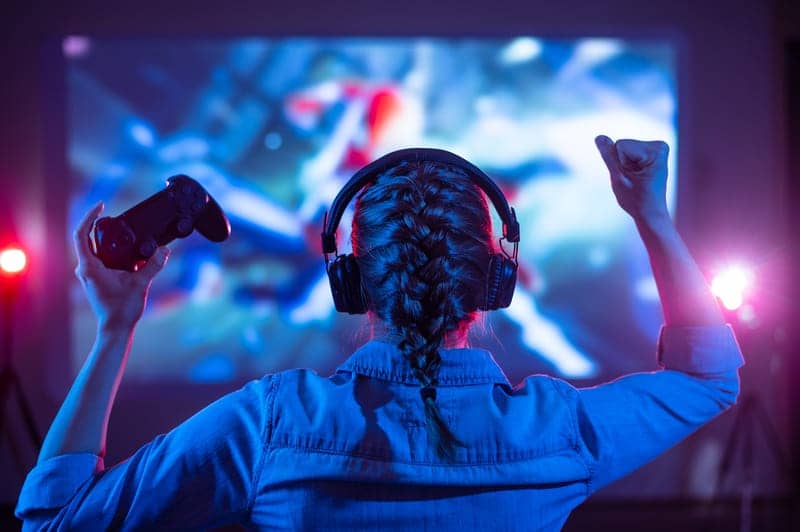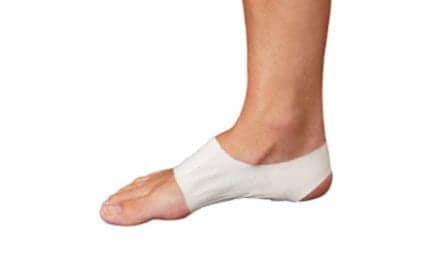Participation in virtual sports gaming has grown exponentially in the last couple of years as young athletes looked for an escape after their physical sports were sidelined during the pandemic. The popularity has led to virtual leagues at the professional and collegiate levels and even drawn attention from the International Olympic Committee.
It has also created a niche field in medicine where doctors weigh the health risks and benefits for those who engage in virtual sports gaming, known as esports. Nithin Natwa, MD, a sports and family medicine physician at Henry Ford Health System said he treats players in esports no different from traditional sports athletes.
“I do preseason health screenings on the players to determine any preexisting conditions. During the season, I provide primary care and address any muscular-skeletal flairs they may develop,” says Natwa, who is also the team physician for the Pistons GT and Oakland University professional and collegiate esports teams.
For those who play in moderation, video gaming is healthy sport, Natwa adds.
“Video gaming has a lot of benefits that really go unnoticed,” Natwa says. “Gaming offers an opportunity to connect virtually with other gamers, which can be helpful for people who feel physically isolated during the pandemic.”
Other Benefits of eSports
“Although we grew up thinking that video games are bad for us, they do offer a lot of cognitive benefits along with hand-eye coordination and high-level executive functions development,” Natwa shares.
But as with all forms of activities, overuse can also result in a host of health risks, Natwa continues. These include joint pain, lack of exercise, mood and sleep disturbances, and a condition called gaming disorder.
“It is important to realize that it is an activity, just like any other activities, that should be done in moderation,” he advises
“Know your limits. Make sure to restrict the amount of time you or your children are participating in video games and diversify your activities to include ‘real’ exercise.”
Natwa offers these tips:
“Just like physical sports, parents need to regulate the passion of their children who are esporting,” he says. “Since we’re still learning about this popular pastime, parents need to educate themselves so they can make informed decisions for their children.”
[Source(s): Henry Ford Health System, Newswise]





